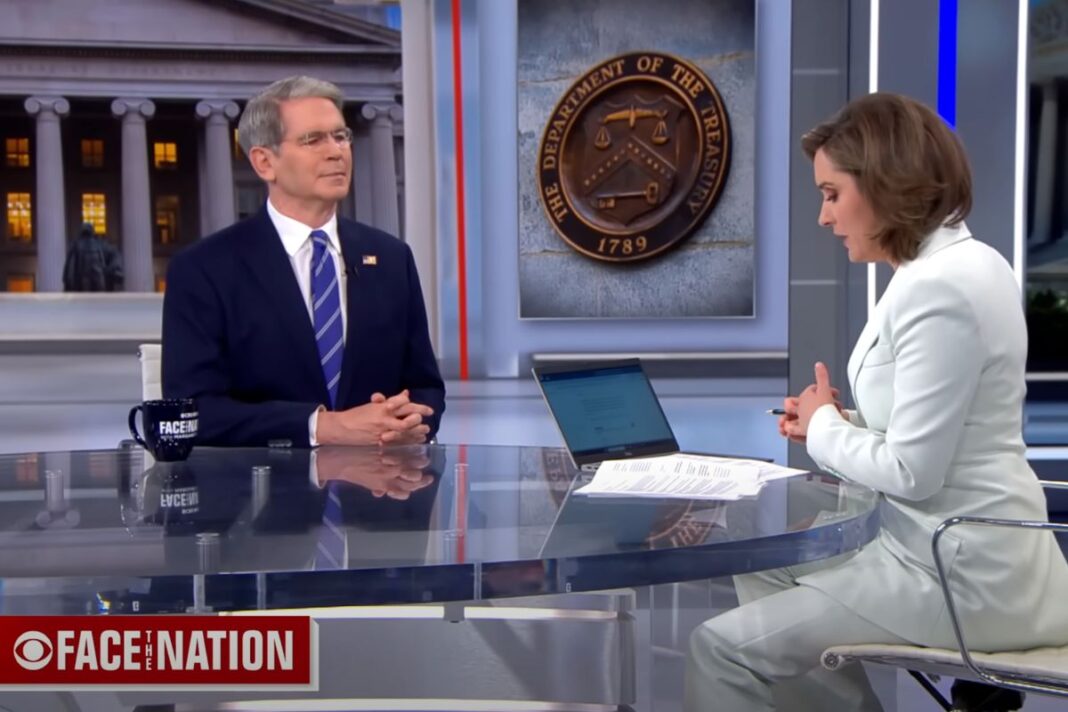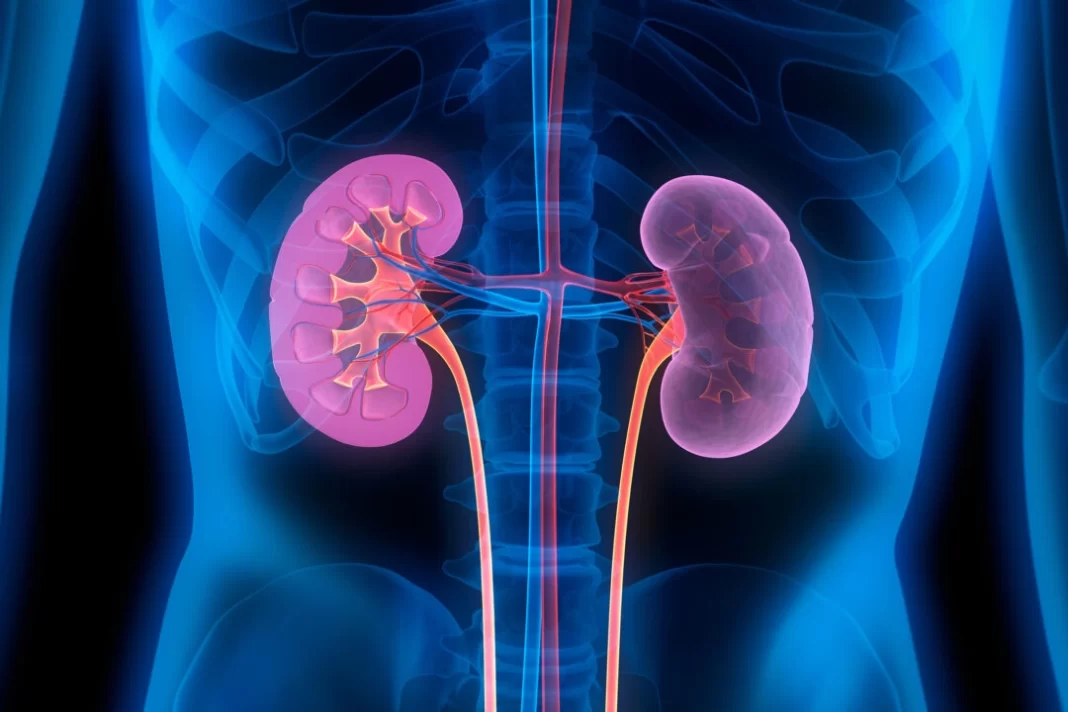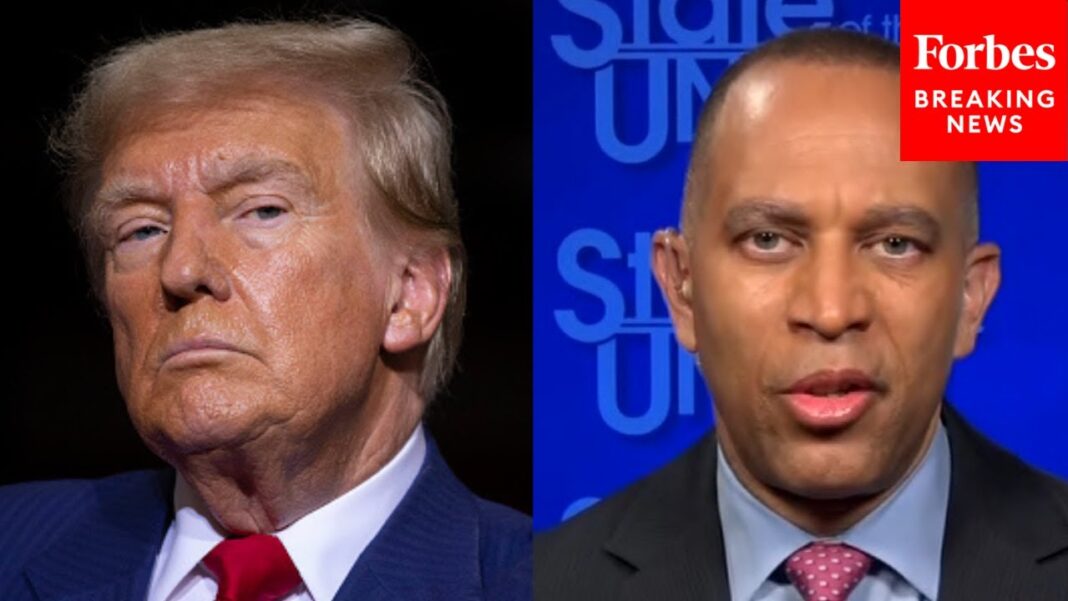‘We will see what the consequences are’ after a call, Bessent said.
U.S. Treasury Secretary Scott Bessent says that President Donald Trump and Chinese Communist Party leader Xi Jinping may soon have a call regarding the Chinese regime’s tariff agreement violations that Trump revealed on May 30.
“We will see what the consequences are,” Bessent said on CBS‘ “Face the Nation” on June 1. “I believe we’ll see something very soon.”
Treasury Secretary Scott Bessent says China is violating a deal it agreed to with the U.S. in Geneva last month by "withholding" some products, like critical minerals. He tells @margbrennan, "We'll see what the consequences are…Maybe it's a glitch in the Chinese system, maybe… pic.twitter.com/H7lGqOXm7m
— Face The Nation (@FaceTheNation) June 1, 2025
The remarks come after Bessent said last week that trade talks had been “a bit stalled” between the United States and China since the Geneva May 12 agreement, brokered by Bessent and U.S. Trade Representative Jamieson Greer, to pause and roll back tariffs and retaliatory trade actions taken since April. Greer on May 30 elaborated that the violations Trump spoke of had to do with China’s critical minerals export restrictions that were meant to be rolled back beginning May 14.
“What China is doing is they are holding back products that are essential for the industrial supply chains of India, of Europe,” Bessent said Sunday. “That is not what a reliable partner does.”
Automotive trade associations have written to U.S. officials, warning of an impending rare earth magnet shortage.
“Without reliable access to these elements and magnets, automotive suppliers will be unable to produce critical automotive components, including automatic transmissions, throttle bodies, alternators, various motors, sensors, seat belts, speakers, lights, motors, power steering, and cameras,” the Alliance for Automotive Innovation wrote the Trump administration.
“In severe cases, this could include the need for reduced production volumes or even a shutdown of vehicle assembly lines.”
The letter was dated May 9, and auto executives confirmed on May 30 that the situation is yet to be resolved. China controls some 90 percent of mineral processing capability, and on April 7 announced restrictions on seven minerals and magnets used in automotive, defense, and energy sectors.
On May 14, when the retaliatory trade actions were set to be rolled back in line with the Geneva agreement, China announced again it would be strengthening critical mineral exports restrictions.








